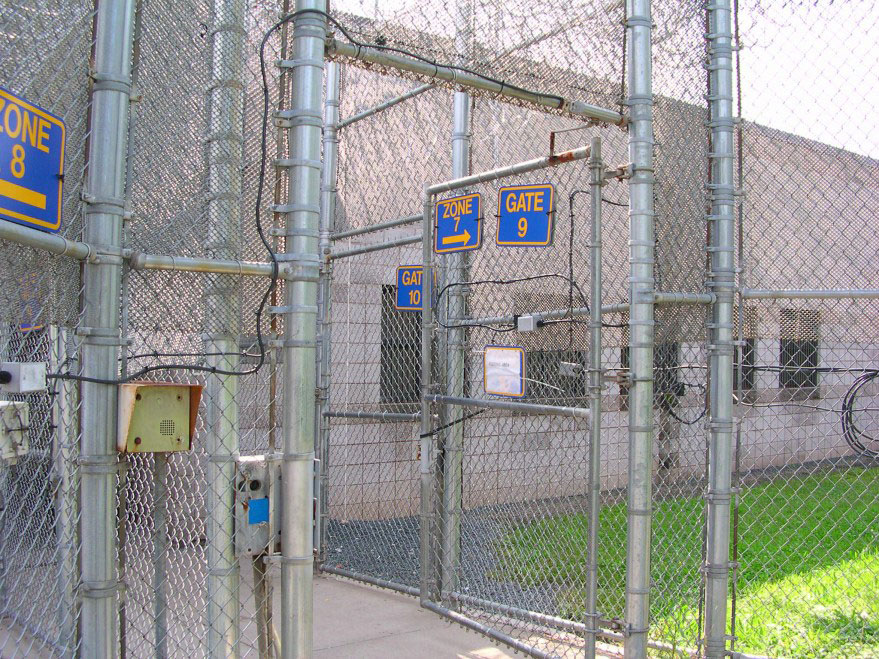Reprinted from the Hartford Courant
Mental health is one of the most pressing, yet often overlooked, challenges facing individuals who are currently incarcerated and those who have been released. The trauma of incarceration doesn’t end at the prison gates. It ripples outward, touching families, neighborhoods, and entire communities.
When a parent or sibling is abruptly removed from a home, a child is left struggling to make sense of a deeply disruptive and painful event. That moment can shape a lifetime, influencing a child’s emotional stability, trust in institutions, and sense of safety. Inside the prison walls, the experience of incarceration itself can fundamentally alter a person’s mental state, often deepening existing struggles or creating new ones.
One striking example of public awareness came when state Sen. Saud Anwar proposed spending 72 hours in solitary confinement to personally experience its psychological toll. The idea was bold and necessary. Solitary confinement is not just a security measure; it is an extreme form of isolation that research has repeatedly linked to severe anxiety, depression, and lasting cognitive harm. Senator Anwar’s willingness to subject himself to such conditions underscored the urgent need for reform.
Unfortunately, Connecticut has dismantled many of the mental health facilities that once served individuals reentering society after incarceration. In cities like New Haven, the impact is stark, particularly in Black and Brown communities. Without access to adequate treatment and support, too many people are left to navigate life with untreated mental illness a situation that fuels cycles of crime, drug use, and recidivism.
We cannot ignore the fact that this is not just a personal issue; it is a public safety and community health issue. When our neighbors are struggling, our communities suffer. The work Sens. Anwar and Gary Winfield are undertaking to address mental health in the context of incarceration is essential. Their leadership deserves not only recognition but active support from the General Assembly.
Hartford must have this conversation. The health of our communities depends on it. Investing in mental health services for incarcerated and formerly incarcerated individuals is not a luxury; it is a necessity. If we truly care about breaking the cycle of crime, reducing recidivism, and protecting families, we must address the mental health crisis in our correctional system head-on.
The cost of inaction is already too high.
Sauda Baraka, Believe In Me Empowerment Corporation, New Haven
Originally Published: August 29, 2025 at 5:25 AM EDT

